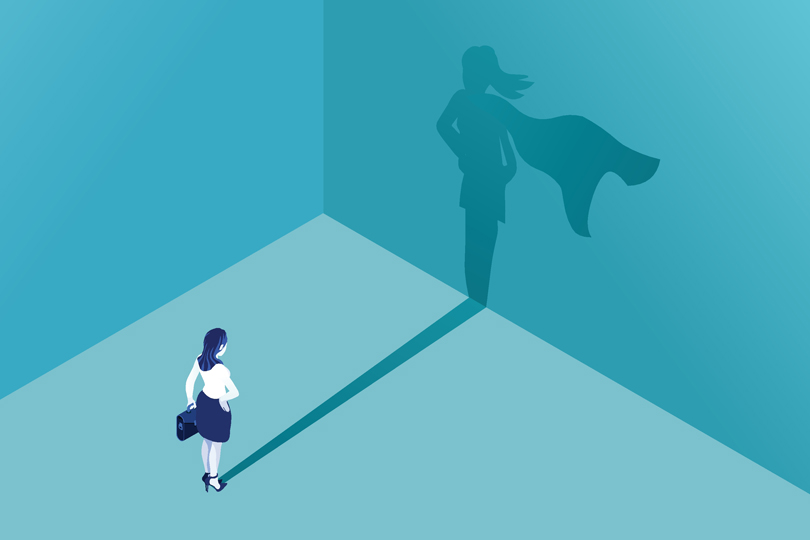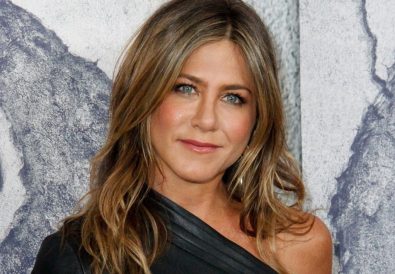Nobody is a perfect feminist. Get over it…
International Women’s Day is right around the corner. It’s a time to rejoice, re-group, and continue to resist against many of the norms and expectations we as women are taught to conform to our whole lives. Feminism has had a bit of a boom in mainstream popular culture in the past few years thanks to celebrities like Beyoncé, Emma Watson, among others. Whether it has been on a big screen at a concert, or in a speech delivered at the UN, the word “feminist” has become less and less of a taboo word. However some of these celebrities have been criticized for being “white-feminists”, and cancelled altogether. But how can we criticize when we ourselves don’t even have all the answers? There’s always more to learn, and more work to be done.
The first step to being a better feminist is realizing that you aren’t a perfect one. Nobody is. We are all constantly learning and evolving. Once upon a time, my version of feminism only seemed to benefit women who looked like me. I recently read an article where BoPo activist Jameela Jamil referred to herself as a “feminist-in-progress”, and it just made so much sense. No singular person has all the right answers. We all have to continue to share, and speak up, and step aside when the time is right to keep this thing progressing in the right direction. Once I realized that the problem was much bigger than just simply the inequality between men and women, my definition of what I believed feminism was changed. There is a frightening amount of inequality just between women. If you are a white woman, yes, you don’t make as much as a man would. But you’re still making more than women of colour. You have more opportunity than women with disabilities, both visible and non-visible. And you don’t even know the struggles those who identify as women in the queer community face on the daily. My definition of feminism changed for me when I learned that “if it’s not intersectional, it’s not actually feminism”. Meaning, if your version of feminism only benefits white women, you’re not fighting for all women, and you have some more to learn.
It’s not easy, and it won’t happen overnight, but the more you learn, and read, and listen to other perspectives, the more you understand the struggles, and obstacles that other people face. You get more fired up, and real change starts to happen. Far too often women are accusing other women (mainly celebrities, and other public figures) for being “fake-feminists” or “white-feminists”, and while I agree that there needs to be some further education, we can’t shut people down for not having as much knowledge as you would like them to have. We can all take a page out of Emma Watson’s book. After she was accused of being a white-feminist, Watson took the harsh criticism to heart, and worked on educating herself further on the issues that all different kinds of women face, publicly apologized, addressed her privilege, and vowed to do better.
The thing about being a feminist in training; you have to be open and willing to listen to other perspectives, take them, and grow as a person. Don’t speak for others using your platform, but step aside, and allow others to use your platform to speak for themselves. We can’t just “cancel” people the first time they do or say something we don’t fully agree with. Honestly, cancel-culture is a whole other story that I can’t even begin to get into right now because it’s a lot. We have to allow people to make mistakes, and to learn from them. Yes, we have to hold people accountable for their actions. It’s so easy to jump on Twitter dot com and angrily tweet at a celebrity that made you angry in a number of ways. But we have to remember that celebrities are human beings too. We’re all allowed to make mistakes; it’s how we learn. How else would you explain whatever type of bangs you haphazardly cut into your own hair in 2008? We should be forming our opinions of others (celebrities and peers alike), on how they bounce back from their mistakes. Have they apologized for the mistake? Have they not made the same mistake after they’ve made their apology? If you can answer yes to both of these questions, congratulations! Progress is being made, and you can effectively un-cancel said person. If they’re continuing to make the same mistakes, by all means keep continuing to call them out, we all need to get to the same page eventually.
In my early twenties, like many aspiring writers, I ran a blog. I decided that I wanted to feature one of my favourite famous feminists weekly. After I posted the first few I received an anonymous email calling me out. “How dare you call yourself a feminist, when the only versions of feminism you know are so flawed?” At first I was shocked because I had thought that everyone had also thought these women were just as badass, and pioneering, as I had believed they were. Looking back, I know that thinking was oh-so-wrong, and I’m so thankful for that person who questioned me (albeit a little aggressively), because it forced me to re-educate myself on what my definition of feminism really was. My feminism still isn’t perfect. It’s always evolving, and growing every time I learn a new piece of information that gets me fired up. It’s become more inclusive to others whose perspectives, and ideas need to be heard.
So while there are still female celebrities, and maybe some of your friends whose version of feminism may only catered to able-bodied, middle/upper class white women, we have to, at the very least, give them a little bit of credit for opening up the discussion to a new generation, and re-branding feminism as something that wasn’t such a clandestine movement. The world is always changing, and we’ll always have more to learn. We’re all in progress, constantly evolving, gaining knowledge through new experiences. Once we let go of the notion that nobody is perfect, and that nobody has all the answers (I know, it’s hard), we’ll continue to progress, and become stronger, and smarter, together. Because that’s what it really all comes down to.











